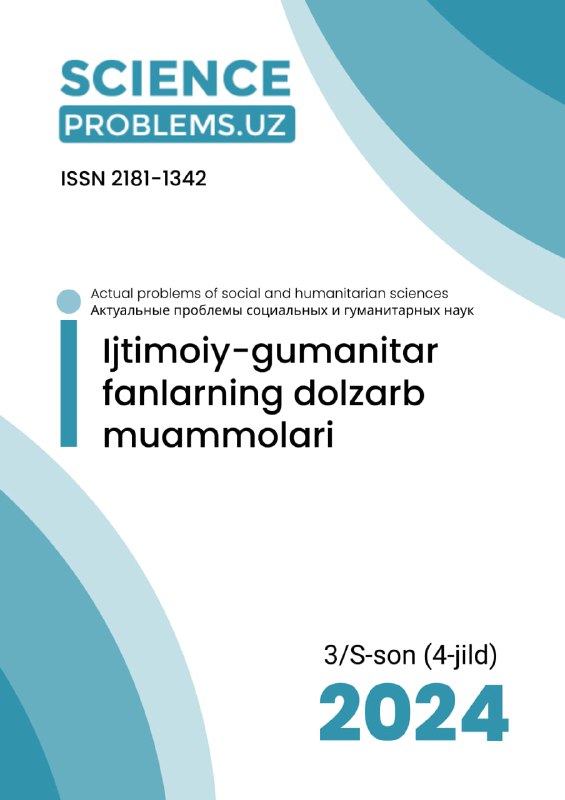MUQOBILSIZ LEKSIKANING TARJIMA MUAMMOSI: LINGVOMADANIY TAHLIL
Kalit so'zlar
https://doi.org/10.47390/SPR1342V4SI3Y2024N40Kalit so'zlar
lingvomadaniyatshunoslik, o‘zbek ekvivalentsiz leksikasi, realiyalar tarjimasi, transliteratsiya, O‘zbeksitondagi ingliz va rus tillaridagi ommaviy axborot vositalari.Annotasiya
Ushbu maqola muqobilsiz leksikaning tarjima qilish usullariga bag‘ishlangan, bundan tashqari til va madaniyatning o‘zaro ta’siri tarjimada tahlil qilingan, tarjima esa o‘z o‘rnida zamonaviy tilshunoslikning eng muhim yo‘nalishlaridan biri hisoblanadi. Maqolaning asosiy maqsadi lingvomadaniy tahlil nuqtai nazaridanmuqobilsiz leksikaning tarjima muammosini o‘rganishdir.
Manbalar
Сорокин Ю.А. Теория лакун и оптимизация межкултурного общения // Семантика и прагматика текста. – Барнаул, 1998. – С. 32–37.
Влахов С, Флорин С. Непереводимое в переводе. – М., 1986.
Иванов А.О. Безеквивалентная лексика. – Санкт-Петербург, 2006.
Виноградов В.С ВВЕДЕНИЕ В ПЕРЕВОДОВЕ-ДЕНИЕ.М., 2001.224 5.
Латышев Л.К. Технология перевода. –М.: НВИ-ТЕЗАУРУС, 2000.– С. 38
Musaev Q.Tarjima Nazariyasi Asoslari.- Toshkent, 2005
Longman, Dictionary of Contemporary English / eds. Chris Fox, Elizabeth Manning, Michael Murphy. - China: Pearson Education Limited, 2003. – 1950.








